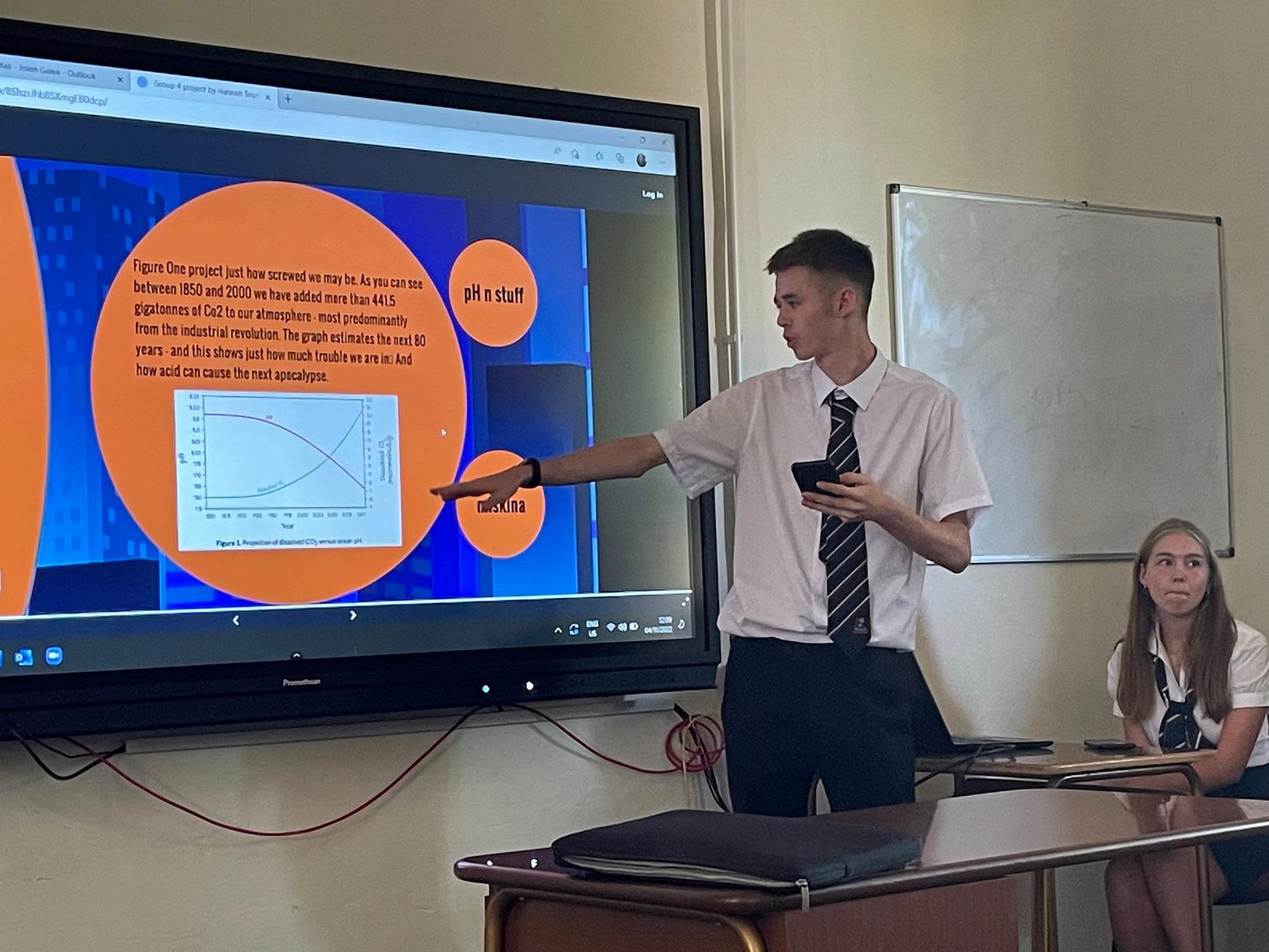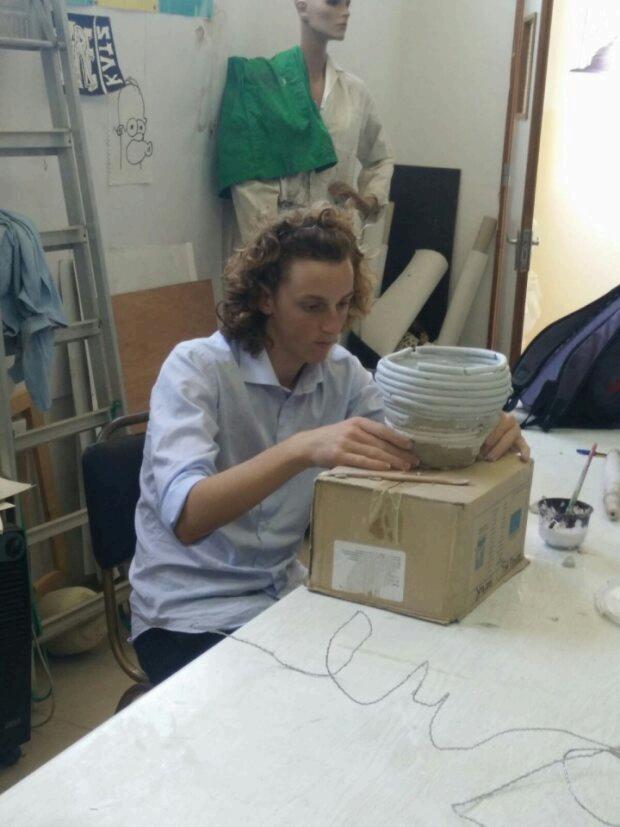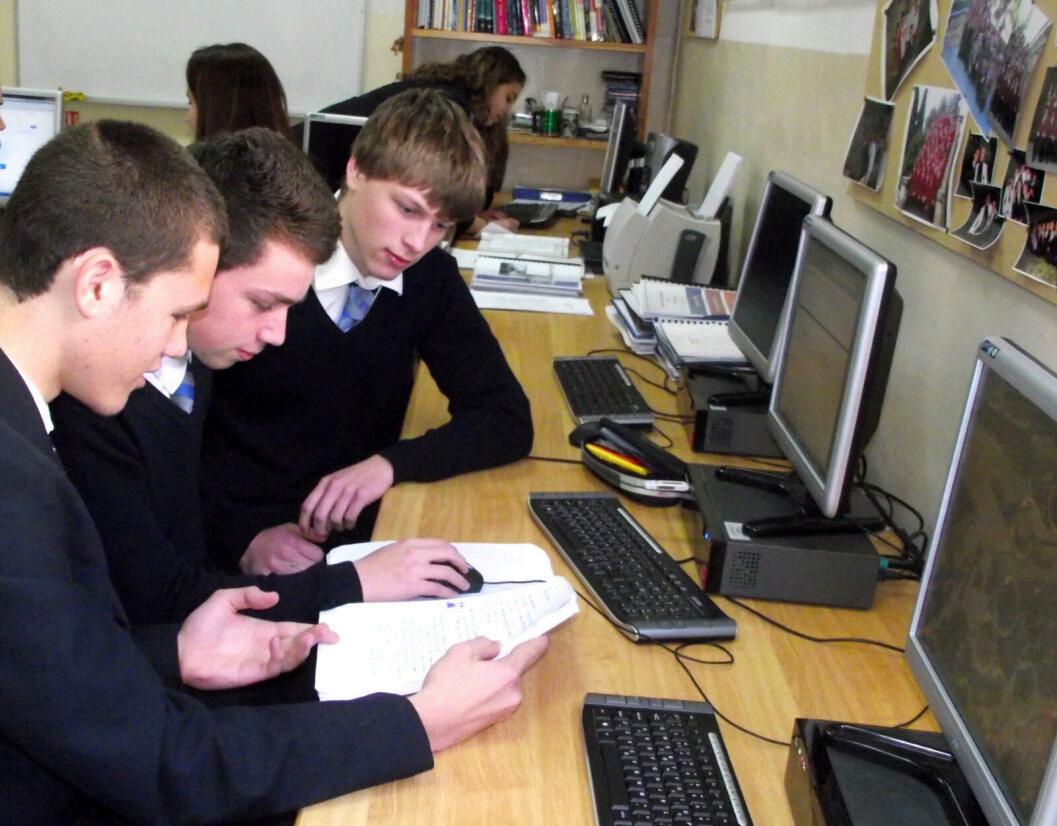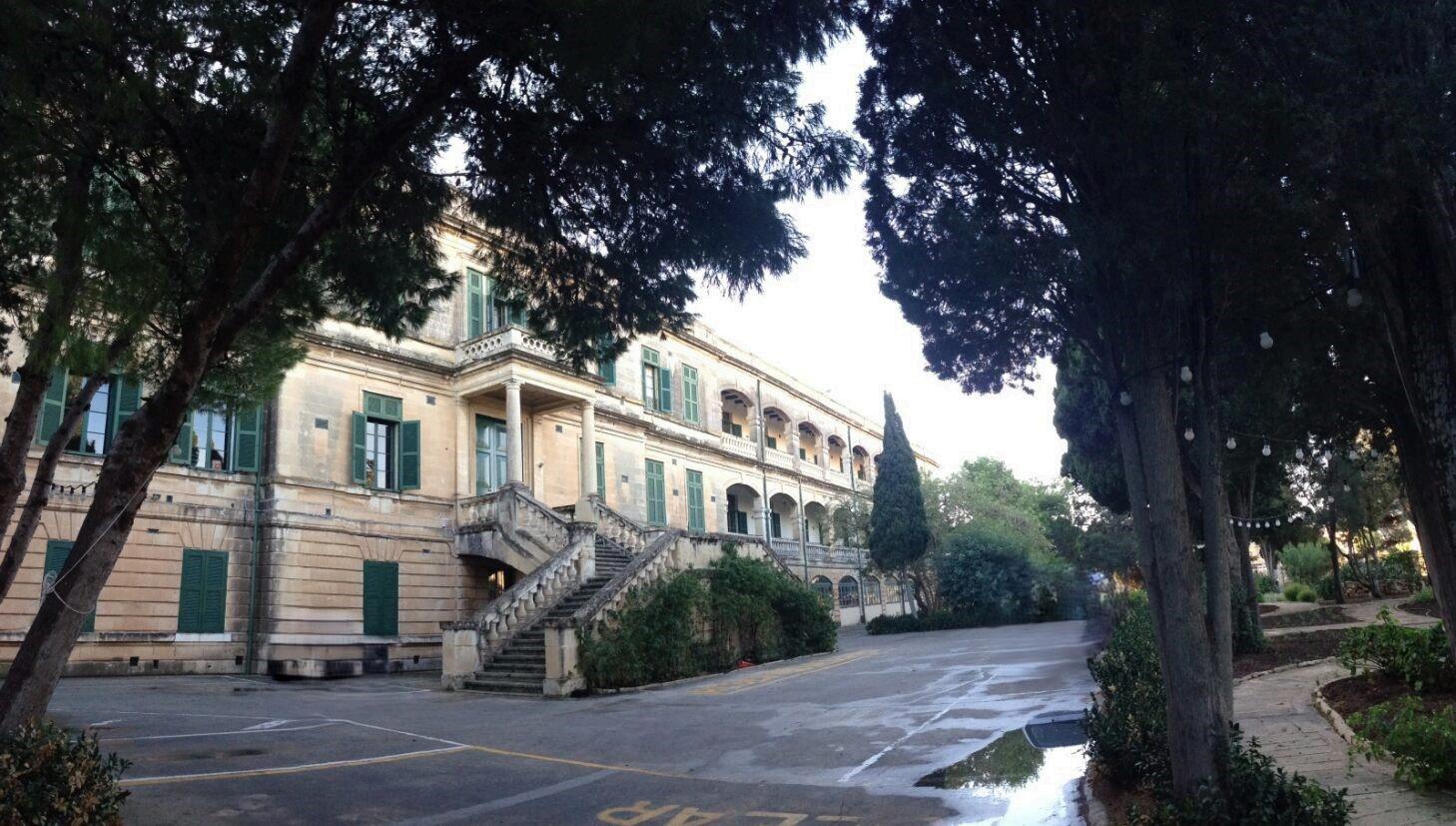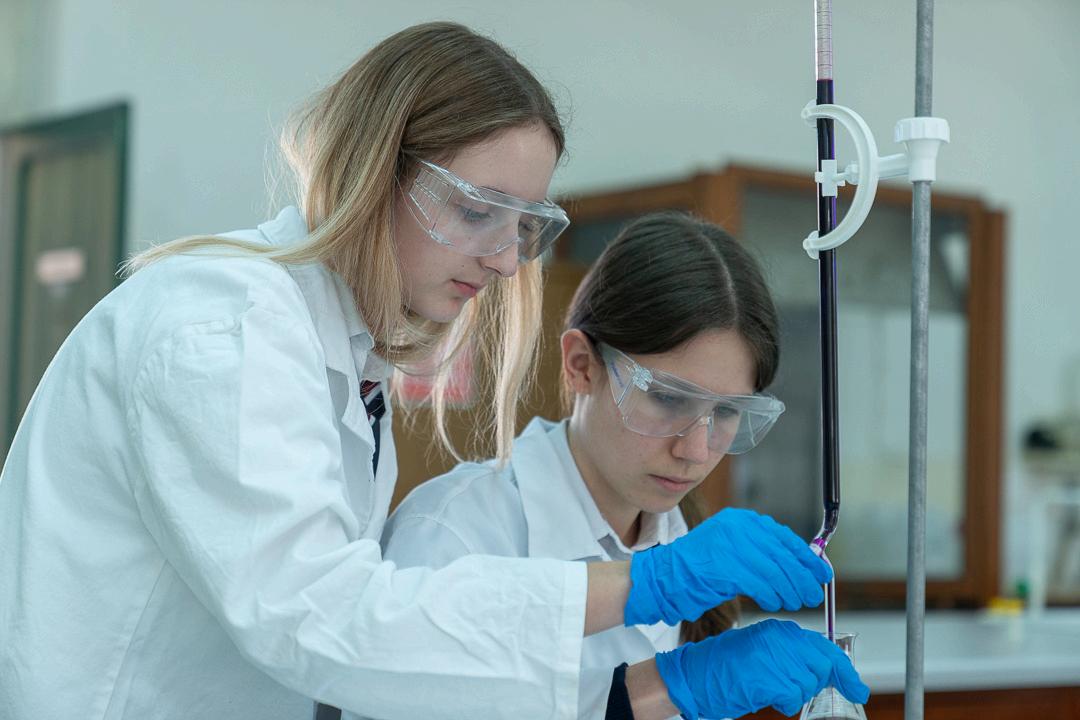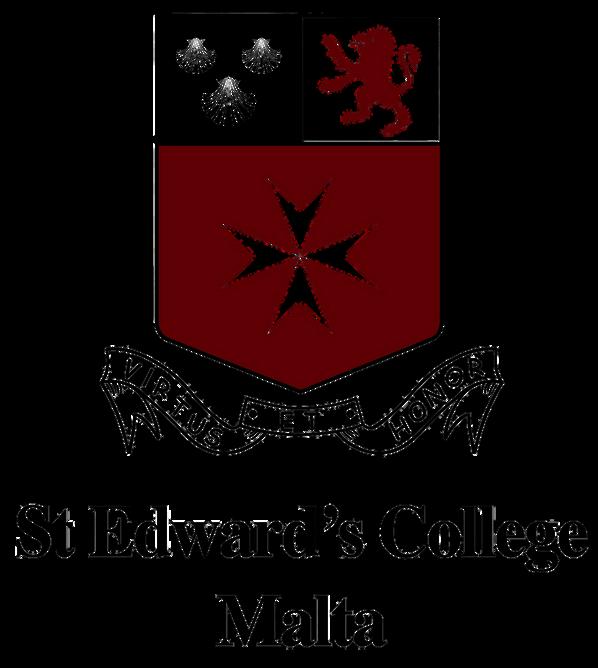


prospectus 2025-26


Why should you choose IBDP at St Edward’s?
At St Edward’s College, Malta, we can offer the IB in a small school setting. Students learn in small classes (average of 12, max of 20) and get individual attention. This allows students to develop the critical skills needed to thrive at university while still enjoying the close relationship and support of their teachers.



Message from the IBDP Coordinator
There is no 6th form or high school program that better prepares students for the rigors of University and life beyond than the IB Diploma Program. It is a challenge, and not one that is to be taken lightly. Every student is pushed academically while they are also going through a time where they are developing personally, psychologically and emotionally. However as with every challenge, once completed it is the hard work, knowledge values and skills acquired along the way that will stay with you forever. Research shows that IB graduates outperform their counterparts at University. I can proudly say that St Edward’s IB students can face these challenges with a dedicated group of excellent teachers supporting them and have great fun along the process.



Mr Jolen Galea Head of the IB Diploma Program
What is the IBDP?
St Edward’s College was authorized to offer the International Baccalaureate Diploma Programme (IBDP) as from September 2009. The IBDP is a truly international program offered to over 180,000 students from over 200 nationalities in 150 countries annually.
The International Baccalaureate Diploma Programme is a pre-university course of studies, leading to examinations that meet the needs of highly motivated secondary school students between the ages of 16 and 19. Designed as a comprehensive two-year curriculum, the diploma model is based on the pattern of no single country but incorporates the best elements of many.
The IB Diploma Programme leads to a qualification that is widely recognised by the world’s leading universities ranging from the Ivy League Universities to Oxbridge. It is also recognised locally by the University of Malta as an entry qualification.



St Edward’s College decided to offer the IB Diploma because the model used by the IBDP ensures that students learn more than a collection of facts which are then memorised and regurgitated under arduous exam conditions. IB assessments are constructed in a way to gauge students’ knowledge and application of important skills rather than just assessing their memory. In addition to this, IB students will also become familiar with the conventions of academic writing, learn to conduct independent research and write research papers in order to be fully equipped to cope with the rigours of tertiary education when the time arrives.
By encouraging students to develop intellectually, emotionally and ethically as well as academically, the programme differs from other education frameworks offered in Malta



How we are better...
In the UK, IB graduates are more than twice as likely to attend a top 20 university than the average A Level student.
Feedback collected from a wide range of IB graduates suggests that IB students have an easier time adjusting to university studies. The programme encourages students to think critically and challenge what they are told. It is independent of governments and national systems, and therefore able to incorporate best practice from a range of international curricula.
It encourages students to consider both their local and international environment. It provides a framework for students to transition into becoming independent learners.



The Circle
The curriculum is displayed in the shape of a circle with the student being placed at the centre, representing the IB’s Student centred approach.
Surrounding the student are the IB’s Approaches to Teaching and Learning and the diploma core.
Six academic areas surrounding the core. Students must study subjects from across the subject groups giving them a holistic academic foundation.



Choice of Subjects
All IB Diploma candidates are required to choose six subjects. 3 of these must be studied at Higher level (240 hours) and 3 of them at Standard Level (180 hours). Students must chose at least 1 subject from the first 5 subject groups.
Group 1: Studies in Language & Literature,
Group 2: Language Acquisition,
Group 3: Individuals & Societies,
Group 4: Experimental Sciences,
Group 5: Mathematics

English at Language A (Group1) is compulsory.
Students can opt to study a second group 1 subject instead of a group 2 subject and qualify for a bilingual diploma.
Students may opt to choose Physics, Chemistry and Biology together instead of a Group 3 subject.
Students may also choose a subject from Group 6: The Arts.


HL and SL Groups
Group 1 (Language A - 1st Language)
English Language and Literature
Self-taught literature A (other Language) HL & SL SL only
Group 3 (Individuals and Societies)
Business and Management
History
Economics
Environmental Systems & Societies (ESS)
Psychology
Group 2 (Language B - 2nd Language)
French Spanish
Italian

Ab Initio & SL
Ab Initio & SL
Ab Initio & SL
Philosophy


Group 4 (Experimental Sciences)
Physics
Chemistry
Biology
Environmental Systems and Societies (ESS)
Computer Science
Group 6 (The Arts)
& SL
& SL
& SL
only
& SL
Group 5 (Mathematics)
Mathematics Analysis and Approach
Mathematics Applications & Interpretations HL & SL

only


Assessment
At the end of the two-year program, students are assessed both internally and externally in ways that measure individual performance against stated objectives for each subject.
Internal Assessment
In all subjects, at least some of the assessment is carried out internally by teachers, who mark individual pieces of work produced as part of a course of study. This coursework will be a practical application of the skills and content covered in the subject. Examples include oral exercises in language subjects, projects, student portfolios, class presentations, practical laboratory work, mathematical investigations and artistic performances. For most subjects this consists of 20% of the final mark.





